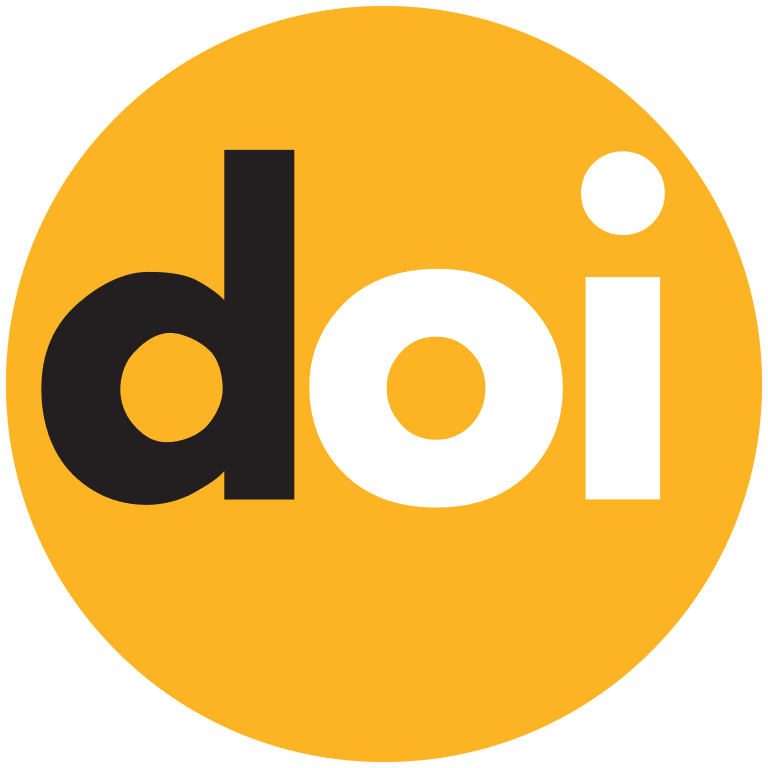| Issue | Vol. 3 No. 01 (2024) |
| Release | 02 May 2023 |
| Section | Articles |
Digital educative game is an example of technology currently often used by kindergarten teachers to make topics or subjects easier for students to understand. By using the function of digital educational games, researchers plan to develop a "mining tour" game, with the objective that this game can convey knowledge or information about mining materials to early childhood. This game has obstacles that must be overcome or defeated, has a strong boss or monster at the end of each level and focuses on training to get mining results. This game was developed using the finite state machine method for non-playable characters (NPC). This method focuses on the player's choices when completing each mission in the game. In general, the appearance of this game uses references from Mario Bros. 2 game, and the quest to get many mining products (coal and nickel). The results of this study aim to determine how effective the "Miner" game is for kindergarten. Through live testing, we can evaluate the success of the "mining" game using the mined materials and develop the NPC system generated through the finite machine method.
Keywords: Games, Educative Games, Finite State Machine, NPC, Mine Results
Copyright (c) 2023 Afdhal Zikri, Purba Daru Kusuma, Ashri Dinimaharawati

This work is licensed under a Creative Commons Attribution-NonCommercial 4.0 International License.

CEPAT has chosen to apply the Creative Commons Attribution NonCommercial 4.0 License (CC BY-NC 4.0) to all manuscripts to be published. Authors who publish with this journal agree to the following terms.
- Authors retain copyright and grant the journal right of first publication with the work simultaneously licensed under a Creative Commons Attribution License that allows others to share the work with an acknowledgment of the work’s authorship and initial publication in this journal.
- Authors are able to enter into separate, additional contractual arrangements for the non-exclusive distribution of the journal’s published version of the work (e.g., post it to an institutional repository or publish it in a book), with an acknowledgment of its initial publication in this journal.
- Authors are permitted and encouraged to post their work online (e.g., in institutional repositories or on their website) prior to and during the submission process, as it can lead to productive exchanges, as well as earlier and greater citation of published work.


